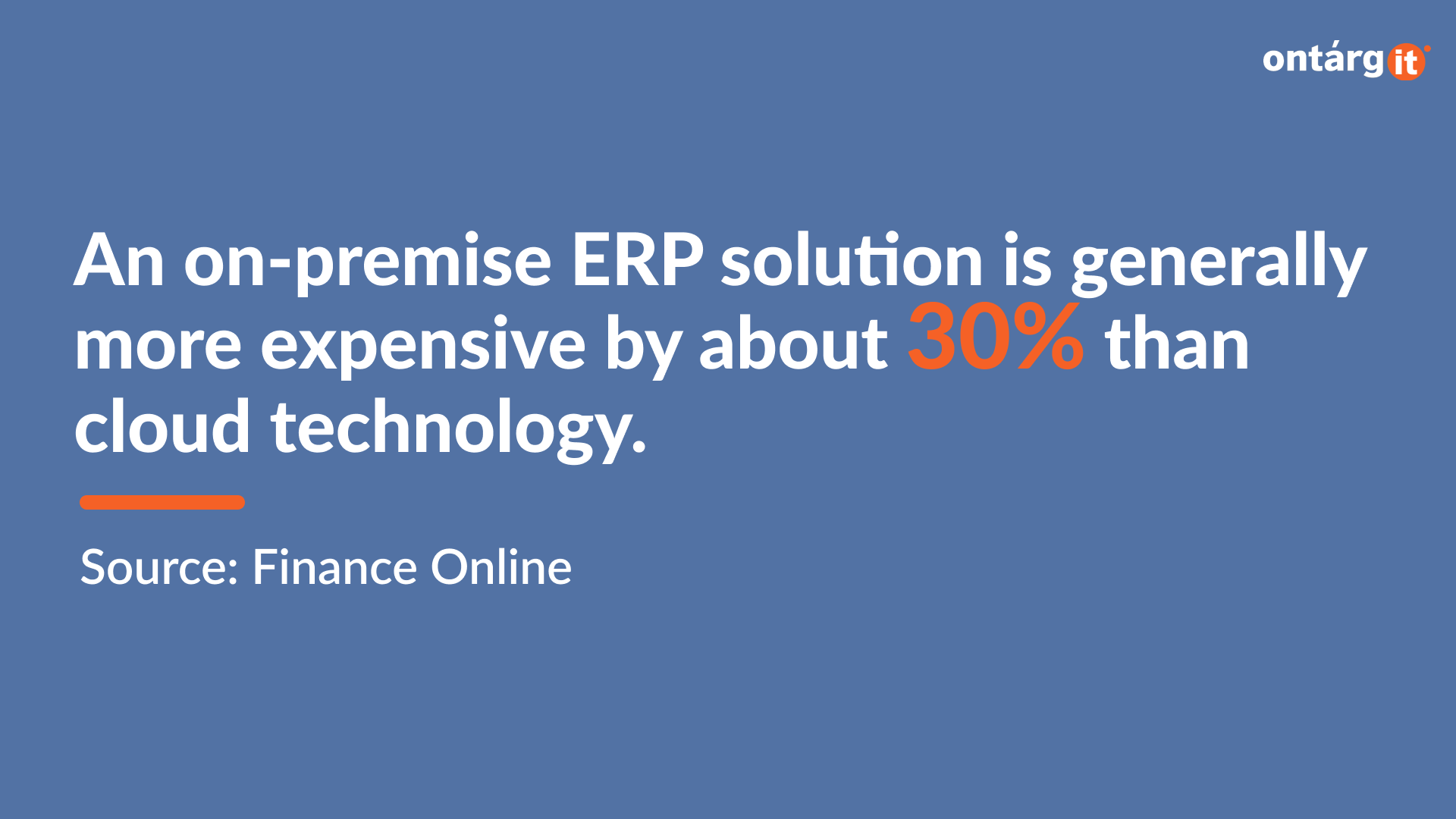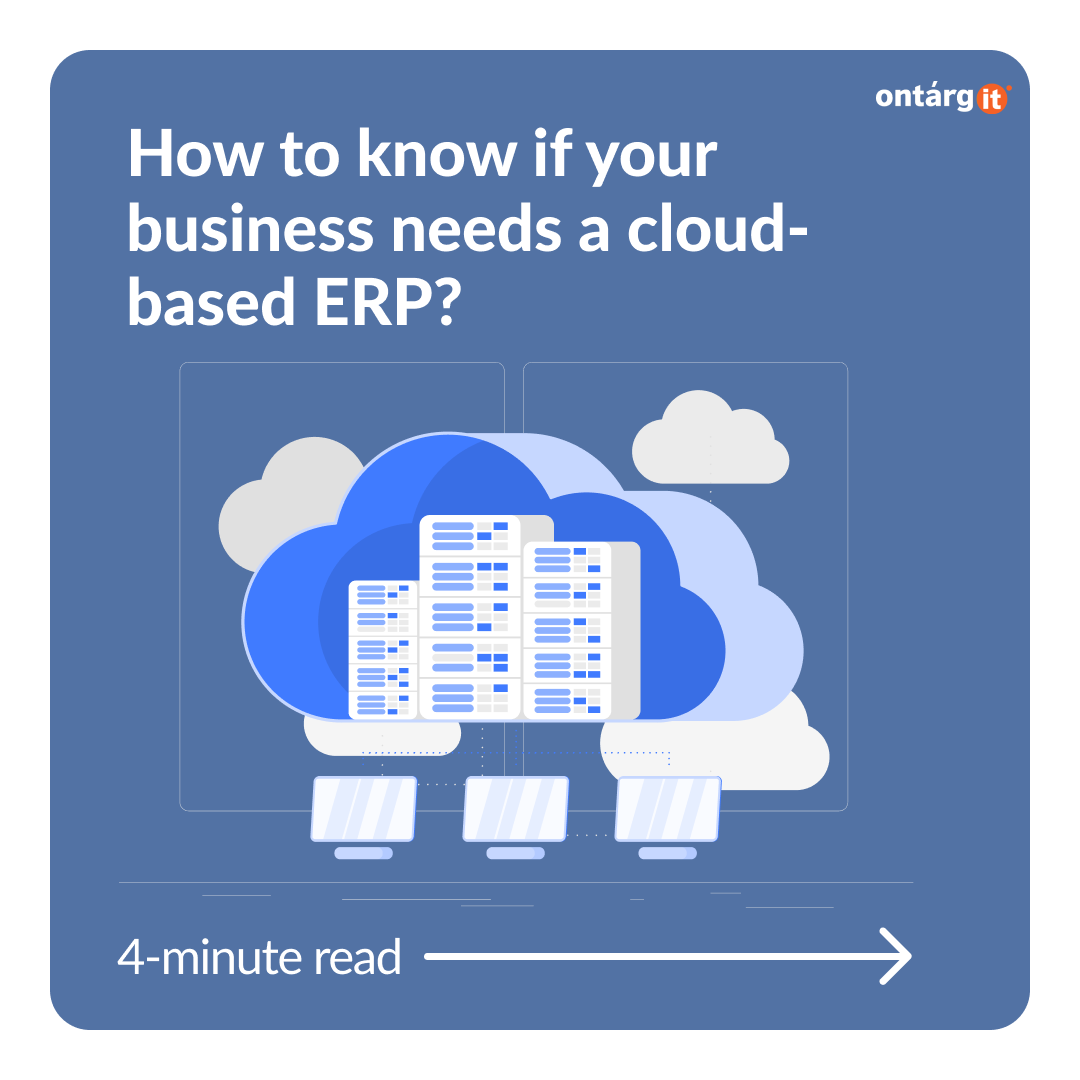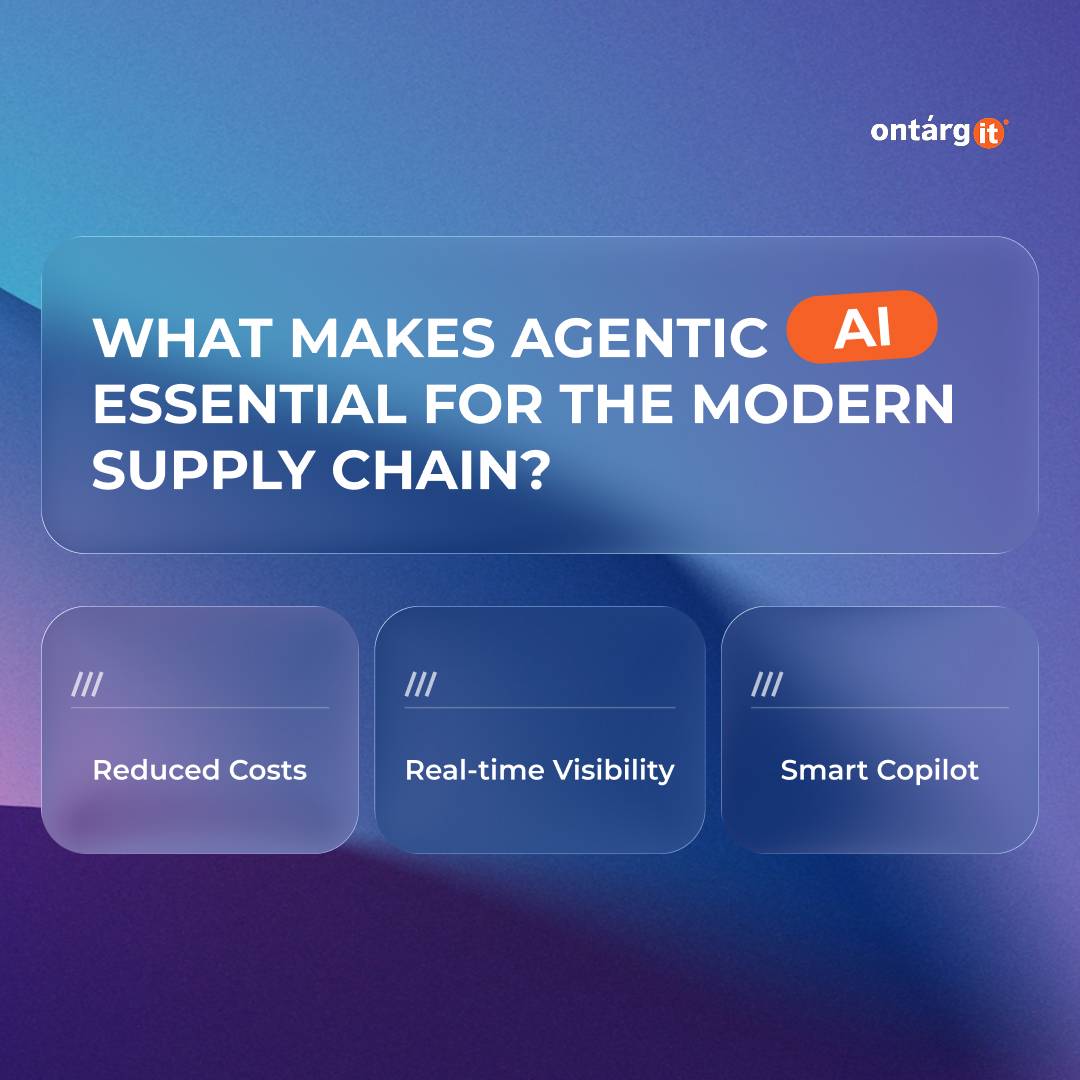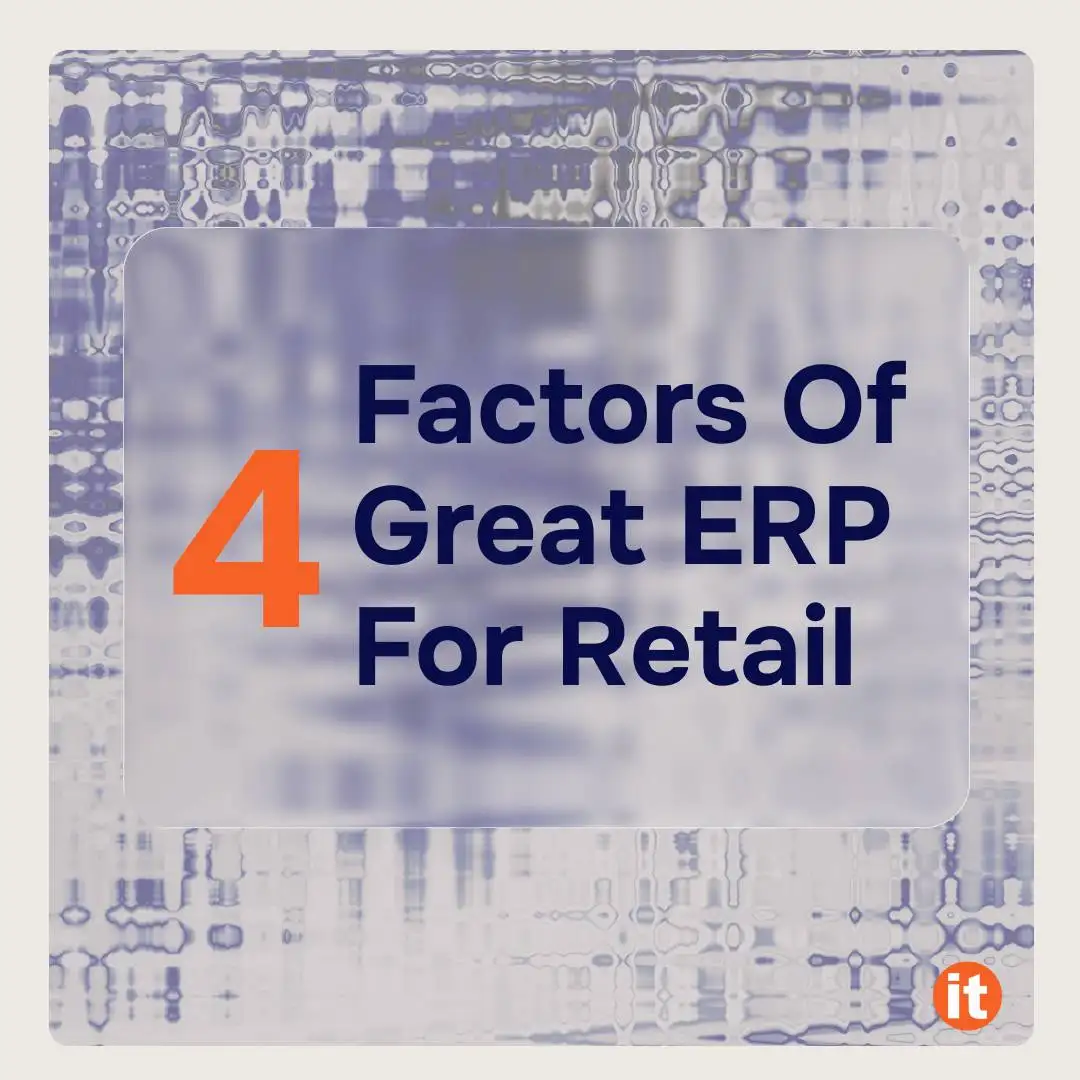It is common for business owners and managers to receive constant requests from their employees for new technologies. However, these requests often revolve around product names and specific IT features, rather than focusing on how the technology can support the business objectives.
In this article, we take a break from technical talk and discuss the business benefits of switching to a cloud-based ERP system for your company.
Before deciding whether you should opt for a cloud-based ERP system or stick with the traditional on-premises approach, let’s define what an ERP is, and why you might need one in the first place.
Enterprise Resource Planning is a type of software companies use to manage their daily business activities. These activities include accounting, procurement, project management, risk management, compliance, and supply chain operations. A complete ERP suite also includes enterprise performance management software that helps plan, budget, predict, and report your company’s financial results.
In the past, most enterprise resource planning implementations were done on-premises. However, with the growing ease of accessing data on the cloud, the number of cloud ERP implementations has increased significantly.
Cloud ERP systems, such as Dynamics 365 Finance or Dynamics 365 Supply Chain Management, offer flexibility as they enable you to access your information from anywhere, thereby enhancing productivity and keeping teams connected across the globe. Being able to access data on-the-go, or while on-location with customers, partners, and suppliers, offers a level of convenience that can propel businesses forward.
The advantage of a cloud ERP
There are many advantages to this including improving operations, driving cost efficiencies, supporting rapid growth, and increasing visibility into your business functions with real-time reporting.
The most common benefits include:

How to know if you need a cloud-based ERP
To answer this question, let’s ask the opposite – how to know that you don’t need a cloud-based ERP?
The worst reason to choose to migrate to the cloud is because everybody else is doing it. Your business is unique and so are your business needs.
At the same time, that uniqueness, however, is the best reason to migrate to the cloud. It unlocks new opportunities for system customization and helps leverage sustainability, scalability, and the elasticity of the cloud – with expanding features and services – to provide what you need, when you need it.
And instead of paying for huge CapEx expenses, you can move to an OpEx model and pay for what you use.
The real question is: Can your current system handle your company’s business requirements successfully for the next 3-5 years?
If your company is not engaging in new product launches, mergers, or acquisitions, then it is likely not growing and staying within the status quo.
So, you may not need an ERP.
But if your answer is close to “No, my current system isn’t going to suffice in 3-5 years,” then you have what you need to know – it’s time to look into cloud-based ERP.
Main business drivers to cloud ERP migrations
Let’s look at three of the primary business drivers that send companies to opt for a cloud-based ERP, and how the ERP helps address those needs or pain points.
A Compelling Event
Mergers, acquisitions, and divestitures are events that require consolidation of financials and integration of systems. Doing these tasks on-prem can be expensive and complicated. It can lead to multiple silos, which in turn can create a significant amount of manual work, patching, and time taken away from achieving business goals.
Cloud-based ERP’s strength offers scalability, integration, and visibility, for your business as well as forecasting capabilities in response to compelling events.
Fast or Significant Growth
If your company doesn’t want to become a victim of success because of quick growth without the right systems in place to handle it – a cloud-based ERP that scales with you is a must.
If you plan to introduce new data sets, products or services, or even new divisions into your business functions, you can integrate them easily into one centralized system. This will help connect all the relevant dots across your company, providing business leaders with a complete and holistic view of operations, costs, and spending.
Business Continuity and Agility
If your business were operating during the pandemic – you know how hard to foresee what to expect in the future.
It is crucial to ensure the smooth functioning of your business and to be able to adapt quickly to changes and continue operating under any circumstances. With a cloud-based ERP, all your systems are accessible from any location, at any time, on any device, if the person has the necessary identity and access privileges. This ensures that your business can continue to run smoothly, even in challenging situations.
Moreover, you can be certain that your company’s reports, invoices, and sales sheets are always up to date. They are easily accessible in real time, eliminating the need for searching through inboxes or desktops.
How to handle migration to a cloud-based ERP
Many companies migrating to an ERP turns into long-lasting inefficient and overly expensive projects because of one recurring, simple mistake.
At OntargIT, we offer migration and implementation services that enable your team to focus on daily operations. We customize each migration and build to align with your business objectives – improved team productivity, shared best practices, and more efficient operations.
We can help you improve communication with IT team members and bridge the gap in dialogue during your change management initiative. Additionally, we offer managed services post-implementation to provide additional resources and expertise to your team, if needed.



















